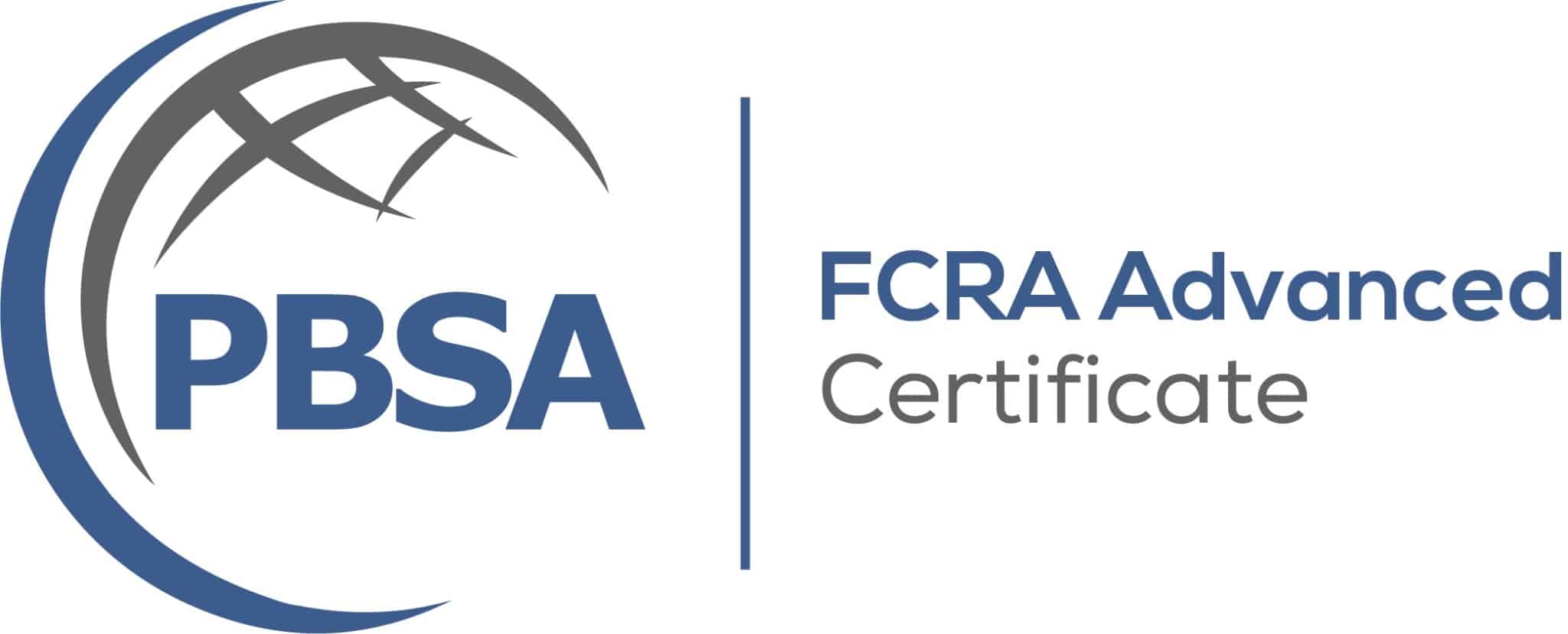
Drug Screening
Compliance note
- Employers must comply with federal laws such as the Drug-Free Workplace Act and applicable state testing laws.
- Written consent is typically required before conducting any drug test as part of the hiring process.
- Drug testing programs must be applied consistently to avoid claims of discrimination under EEOC guidelines.
- Employers in regulated industries (e.g., transportation, healthcare) must follow DOT or state-mandated drug testing procedures.
Related Terms and Posts
- Background Check
- Disclosure and Authorization
- Permissible Purpose
- Adverse Action
- Pre-Employment Screening
- Background Checks in 2025: What Employers Need to Know (Blog)
- Beyond Criminal Records: A Complete Background Screening Checklist for Small and Mid-Sized Businesses (Blog)
- The True Cost of a Bad Hire and How Background Checks Save Money (Blog)
Frequently Asked Questions
A: Typical panels test for marijuana, cocaine, amphetamines, opioids, and PCP. Some employers may include additional substances such as benzodiazepines or barbiturates.
A: Yes. Employers may conduct post-hire, random, or reasonable suspicion drug tests, depending on company policy and state law.
A: No. Drug screening is a separate process from a criminal or employment background check, though often conducted at the same time.
DISCLAIMER: The information provided in this glossary is for general informational purposes only and should not be construed as legal advice. While we strive for accuracy, EDIFY Background Screening does not guarantee that the definitions or explanations are complete, up to date, or error-free. Employers should always consult with competent legal counsel to ensure compliance with applicable laws and regulations.
Stay Updated with EDIFY Insights Newsletter
Get compliance tips, background screening updates, and HR best practices delivered straight to your inbox.





